
Body image and diet culture are topics woven into the fabric of society, affecting everyone in different ways. However, for overweight Black women, these struggles can take on a unique and complex layer due to the intersection of race, gender, and body size.
Table of Contents
- Introduction
- Stereotypes and Misconceptions
- The Impact of White Supremacy and Anti-Black Racism on Fatphobia
- The Struggle with Eating Disorders
- Finding Representation in the Anti-Diet Culture Movement
- The Need for Compassion and Understanding
- Weight Discrimination and Health
- The Importance of Inclusive Healthcare
- A Call to Action
- Conclusion
- References
- Author Bio
Introduction
In society’s discourse on body image, the voices of overweight Black women often go unheard. They navigate a unique intersection of sexism, racism, and fatphobia that shapes their experiences with diet culture. While these struggles are shared to some extent by all women, overweight Black women are not shielded from them but face their own unique challenges.
Stereotypes and Misconceptions
Society often portrays Black women as unaffected by body image concerns. A 2012 study suggested that Black girls were the most satisfied with their bodies compared to their white and Asian counterparts. However, this conclusion is rooted in harmful stereotypes and biases.
Being overweight, Black, and a woman places you at an intersection where you have to deal with multiple forms of discrimination.
The reality is that overweight Black women experience societal pressures related to body image, similar to other women. However, the standards of beauty within Black communities can be different—celebrating certain body types while shaming others.
White Supremacy and Anti-Black Racism
The roots of fatphobia lie in white supremacy and anti-Black racism. In her book Fearing the Black Body: The Racial Origins of Fat Phobia, Dr. Sabrina Strings explores the historical connections between fatphobia and anti-Black racism. Understanding this history is essential to comprehend the unique struggles of overweight Black women in today’s diet culture.
Eating Disorders
The stereotype that Black women are unaffected by body image issues also extends to eating disorders. Traditional research often overlooks Black women, with studies predominantly focusing on white women. This lack of representation and cultural incompetence can leave Black women undiagnosed and untreated.
Eating disorders can affect anyone, regardless of their race, gender, or body size.
Anti-Diet Culture
In response to the pervasive diet culture, the anti-diet movement has emerged. However, like many spaces, it is dominated by thin white women, leaving overweight Black women struggling to find representation and support.
Compassion and Understanding
Overweight Black women, like all individuals, deserve compassion, empathy, and understanding. They are not impervious to societal pressures and biases and should
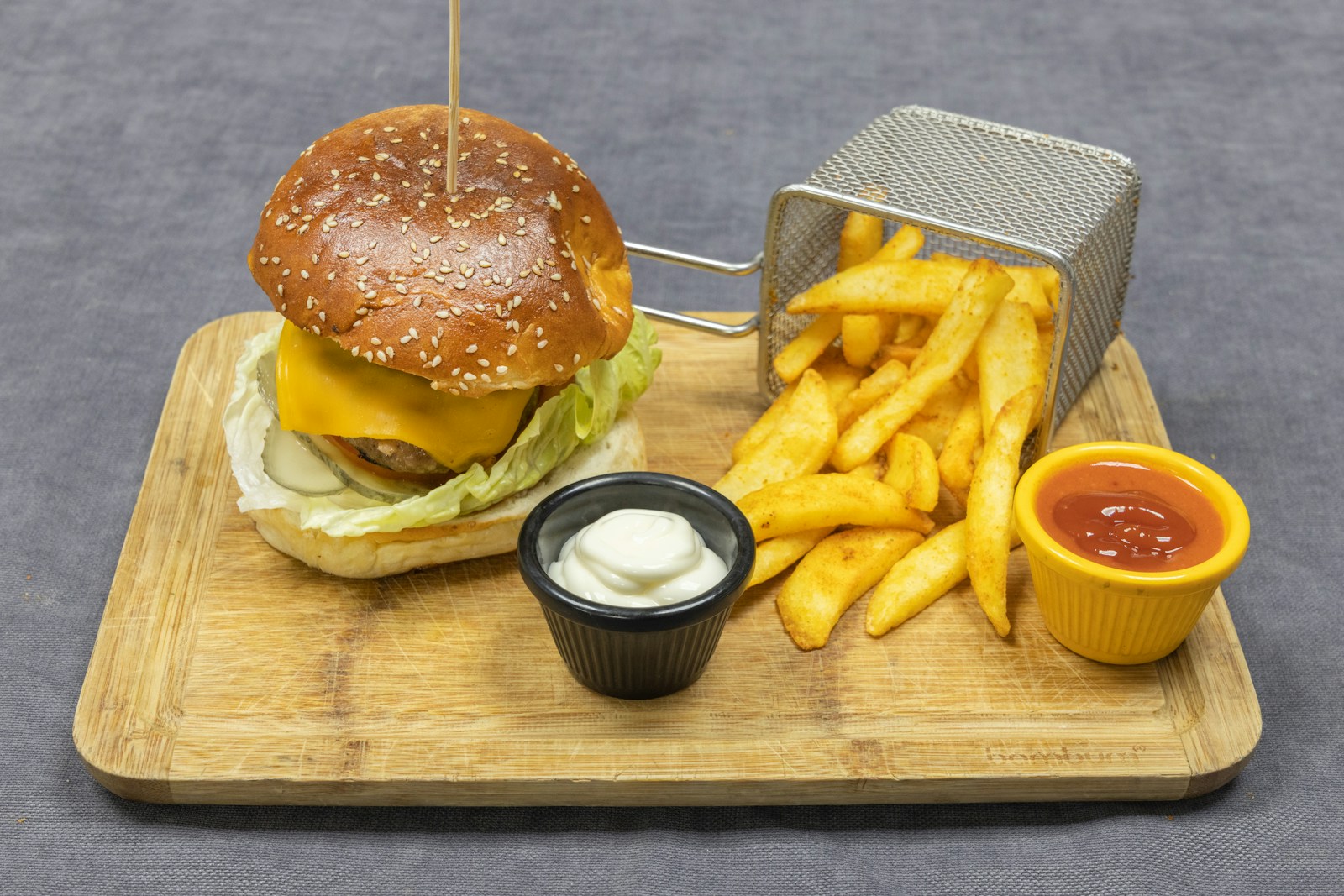
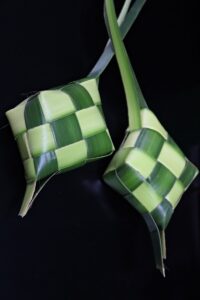
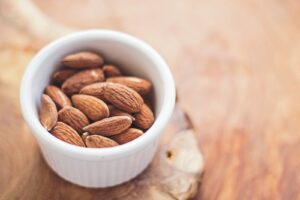




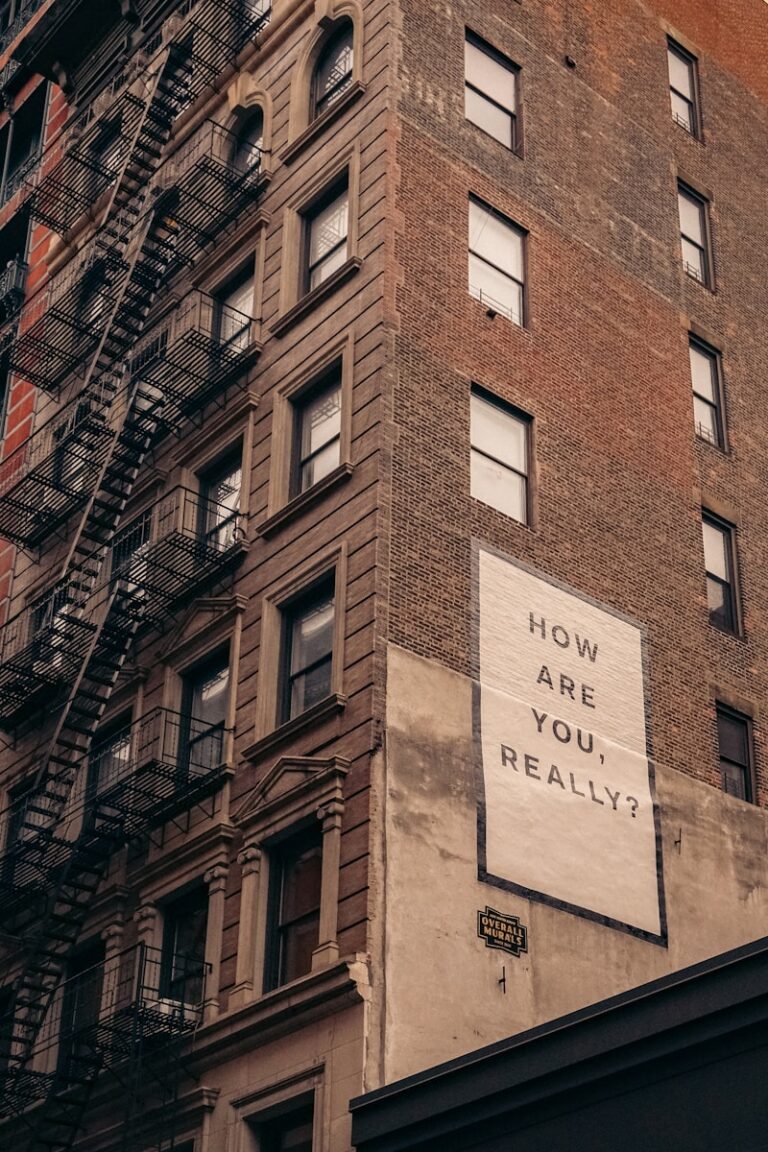




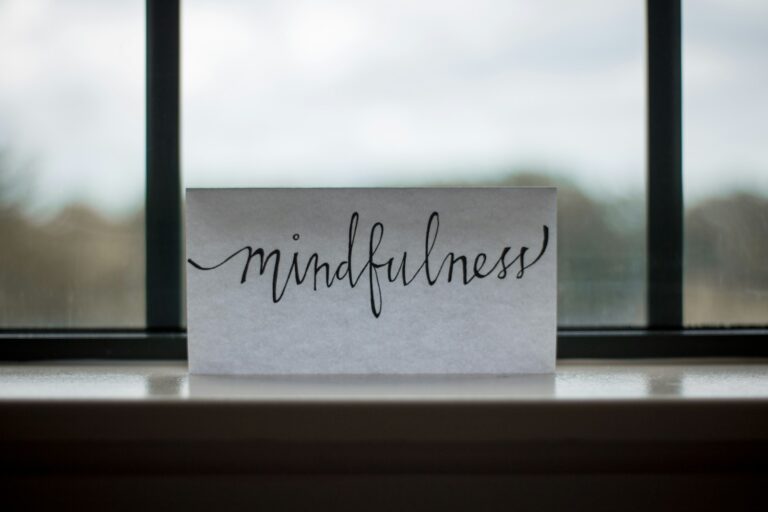

+ There are no comments
Add yours